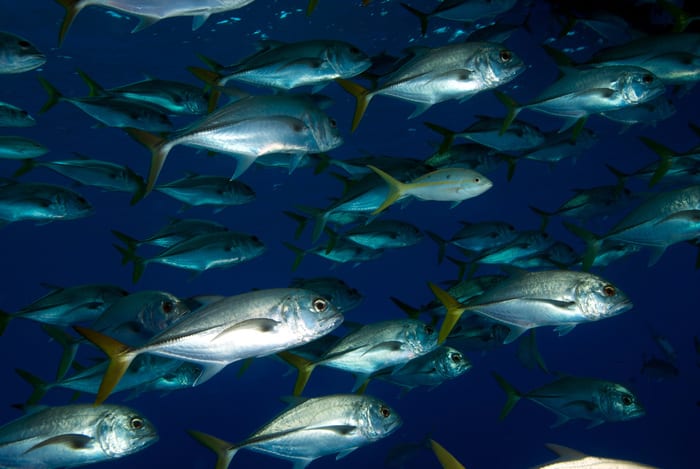USSEC Launches IPA Projects In Egypt
- Category:
- Aquaculture
- General News

Egypt’s aquaculture sector has been growing at approximately ten percent per year for the past ten years. Today the aquaculture sector produces approximately 1.2 million metric tons (MMT) of fish. Most of the fish is produced in earthen ponds with an average of 0.8 to 1 kilogram (kg) per cubic meter. To support Egypt’s aquaculture industry, USSEC launched two Intensive Pond Aquaculture (IPA) projects. The IPA technology is an ideal solution for the Egyptian aquaculture industry as the system provides the advantages of a recirculating system without the need for sophisticated equipment or large construction expense.
The IPA system reduces water requirements over that of ponds, lowers the risk of fish diseases, and allows for the removal of solid wastes. These features combine to reduce the environmental load in the pond, improve fish health, and increase overall production.
To support the development of the IPA system in Egypt, USSEC consultant Jesse Chappel, Associate Professor, School of Fisheries, Aquaculture & Sciences, Auburn University, visited the two IPA sites (one at Worldfish and the other at Mohamed Goda’s farm) and the equipment provider to provide support and fine tune the system.
Dr. Chappel visited the equipment provider to review the locally bid white water system which has been built according to the plans provided by Dr. Chappel and Auburn University. This IPA unit will be placed at Mr. Goda’s farm.
During the visit, Dr. Chappel visited the IPA unit at Mr. Goda’s farm; the unit is currently complete and ready for stocking. He also sampled the fish from the adjacent ponds that will be stocked in the IPA system.
He also checked in on the IPA unit at Worldfish and tested the flow rate using floating pegs to ensure that the system is running efficiently.



